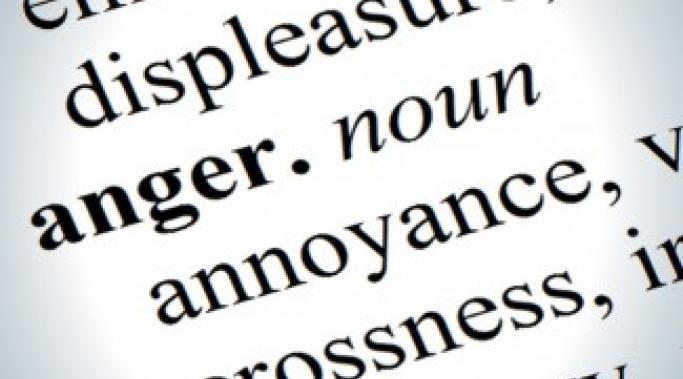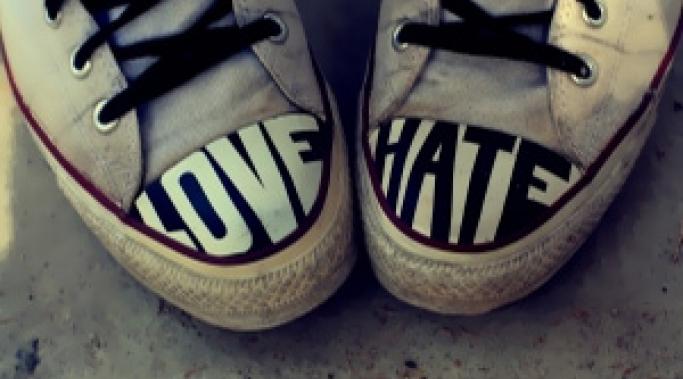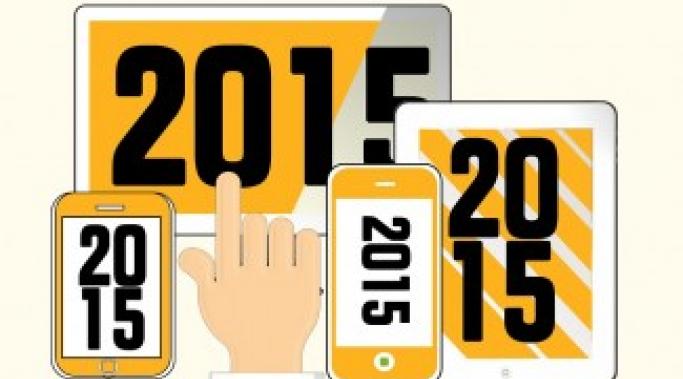Because of the chronic mental illness of bipolar disorder, I have guilt on sunny days; and this really sucks seeing as we’re now into summer. I know this might sound weird to your average person, but I actually prefer a rainy day to a sunny one. Rainy days don’t bring about guilt. Sunny days bring about my bipolar guilt.
Understanding Mental Illness
It is being widely reported in the media that Orlando shooter Omar Mateen had bipolar disorder, but do we really know if Mateen had bipolar disorder (What Is Bipolar Disorder)? Where did this information come from and should we really believe it or is it just media sensationalism? After all, every mass shooter seems to be designated some mental illness; is it just bipolar’s turn?
Do people have the right to leave mental illness untreated? That is the question of the day. Now, I know some of you are offended by this and are likely saying, “Heck yeah! Of could people have the right not to treat a mental illness!” Well, let’s think about this for a minute. Maybe this doesn’t apply to all groups of people; maybe there are select groups of people who truly don’t have the right to untreated mental illness (Violence in Aurora: Untreated Mental Illness, Again?).
Anger can be tough to deal with in bipolar disorder. Some people really do find they get extremely angry often for no reason other than bipolar disorder. And, as most people know, feeling angry, and even worse, acting angrily, are not positive experiences. Here are some tips on dealing with anger in bipolar disorder.
There is a notion out there that a suicide attempt is a “cry for attention” and, thus, this invalidates what the person has done or makes it "not serious" (The Stigma Of Suicide). I would beg to differ. First off, of course, many suicide attempts have nothing to do with “attention,” per se, but secondly, so what if it did? So what if a suicide attempt is a cry for attention? Why does that make it less serious?
Fluctuations in energy levels in bipolar disorder can be a challenge to manage, at least, in my experience. What I find, is that my energy fluctuates throughout the day in unusual and very bipolar ways. These hourly energy changes require care and interrupt what I want to do. It might be due to the fact that I tend to cycle very rapidly (when I truly cycle, which is rare), but from what I can tell, bipolar causes energy level changes throughout the day.
I know it sounds weird when a blogger says “don’t talk to a blogger for help.” After all, aren’t we in it to help? Don’t we want comments? In fact, it’s true; I do hope to help people and I do love to see the comments of my readers. But if you’re in serious mental illness distress, you need to take an action step and not talk to a bipolar blogger.
If you’ve read some of the comments here, you know what some other people think of bipolar disorder. Some people think that those with bipolar are manipulative, angry, abusive and some even say we’re downright evil. And it’s easy to internalize what others think of bipolar disorder. It’s easy to believe we are these things. But you are worth more than a single, negative descriptor. You are not what other people think of bipolar disorder.
The best of Breaking Bipolar 2015 shows what you were talking about and reading about this year with regards to bipolar disorder. Topics range from difficulty in decision-making (a symptom of depression) to what it's really like to stay in a mental hospital. Here, I count down the top five articles and the best of Breaking Bipolar 2015.
People with bipolar have a hard time planning ahead. I know it seems like it would be easy: “Want to go to lunch Tuesday?” “Sounds like fun. Sure!” but it isn’t (How To Be Bipolar And High Functioning). And the reason is because bipolar disorder is highly unpredictable. Yes, I might feel fine right now but I literally have no idea what tomorrow will bring (Using Bipolar As An Excuse). This is why planning ahead with bipolar is really tough.









